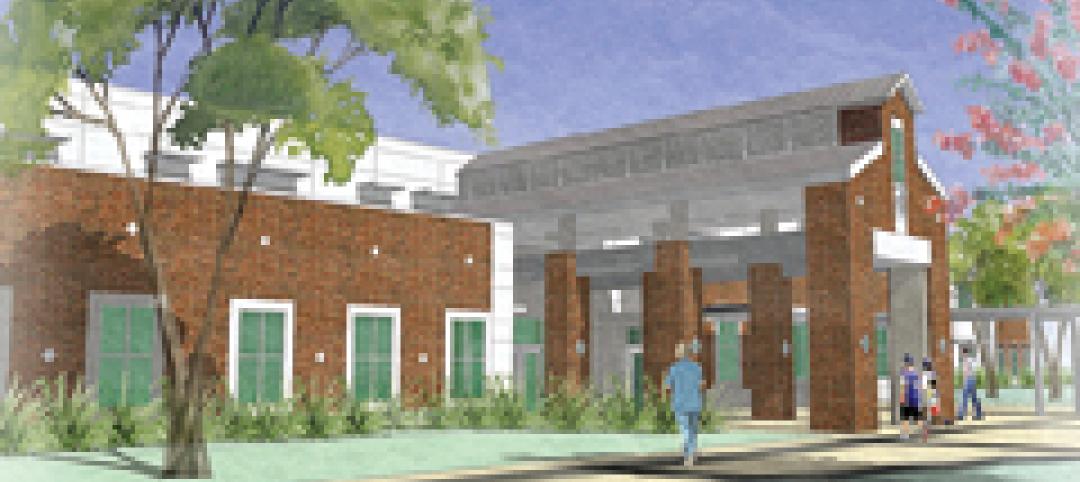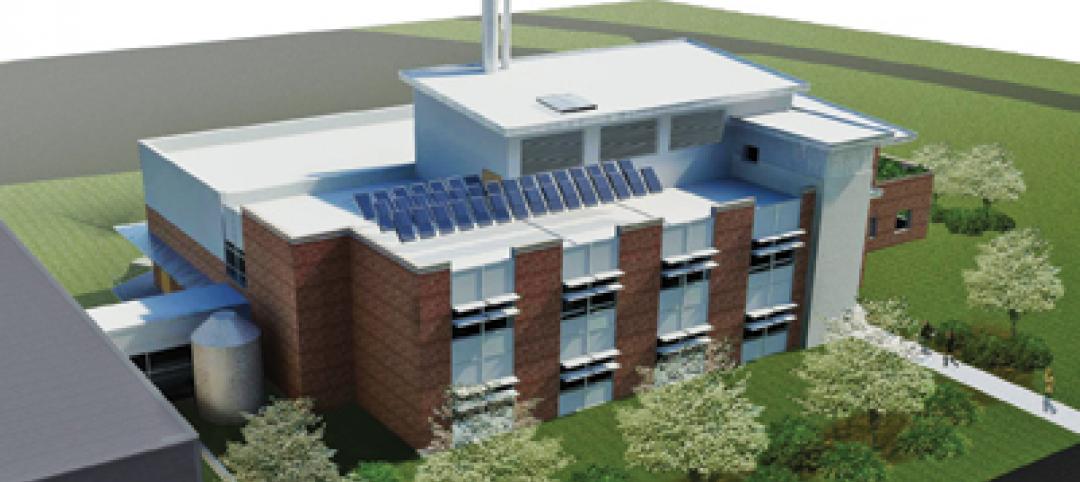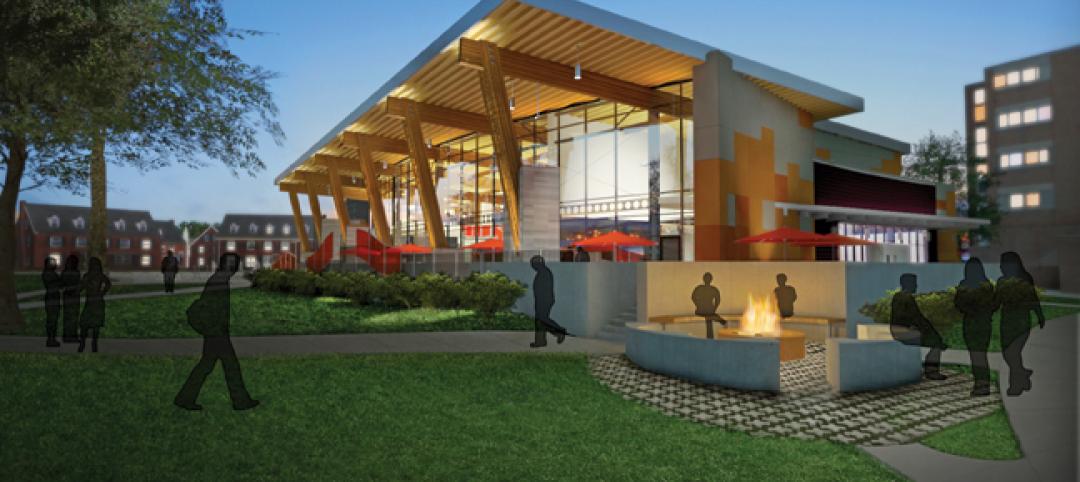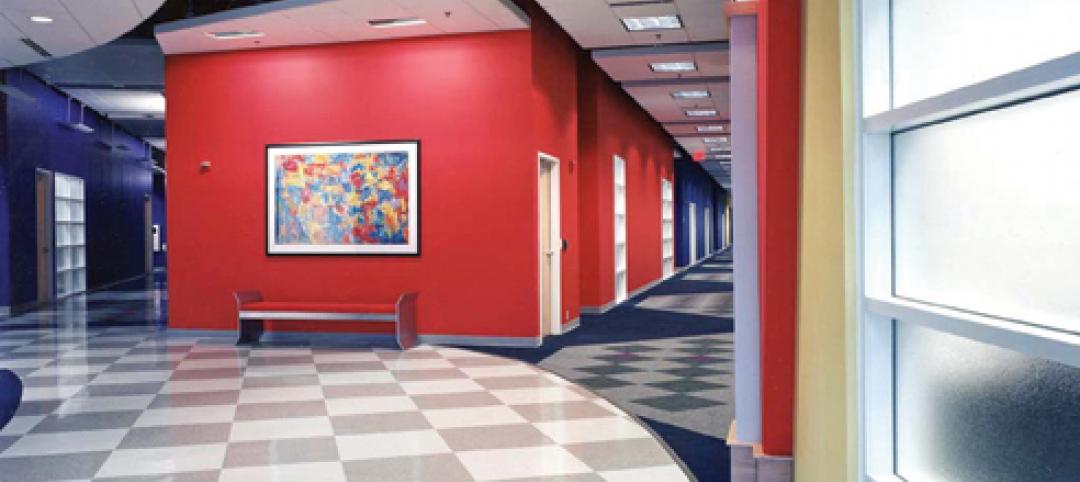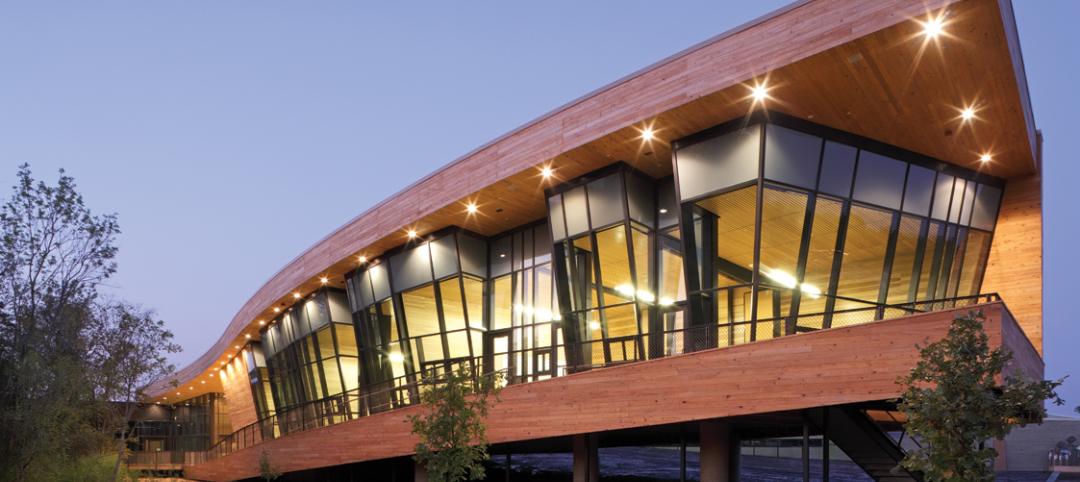At a recent meeting, the Concrete Reinforcing Steel Institute (CRSI) Board of Directors urged all CRSI producer members to revert to an inch-pound bar marking system for all sizes and grades of deformed reinforcing steel products. CRSI members produce more than 90% of domestic reinforcing steel.
The intention of this resolution is for all new rollings of reinforcing steel products to be marked with inch-pound bar markings no later than January 1st, 2014. Providing a 25-month phase in period should permit producer members sufficient time to re-tool finish roll inventory to the inch-pound marking system as rolls need to be replaced, significantly reducing or eliminating the need to unnecessarily cut new rolls to meet the resolution.
As the ASTM specifications for reinforcing steel products permit reinforcing bars to be marked in either soft metric, or inch-pound markings, existing inventory of soft metric bars can continue to be sold alongside inch-pound marked bars during and after the January 1st, 2014, phase-in target.
The intention of this resolution is to reduce confusion and the chance of errors or delays from the construction supply chain. CRSI members are strongly encouraged to revert to the inch-pound marking system for steel reinforcing bars as soon as practical to minimize any additional confusion to the supply chain of steel reinforcing bars.
This change is the result of several actions. The Federal Highway Administration no longer mandates metrification of federally funded road and bridge construction projects and all state Departments of Transportation no longer require materials to be specified and sourced in metric sizes/quantities. Additionally, a large majority of the non-governmental construction community never adopted metric measurements in their plans and specifications. The American Concrete Institute (ACI), through their Technical Activities Committee (TAC), has strongly encouraged CRSI members to mark reinforcing bars with traditional inch-pound size designations. ACI is the standards body within the United States responsible for developing the concrete building code. The concrete building code and other ACI documents reference the inch-pound size as the primary designation.
“It made logical sense for the industry to begin the process to move away from soft metric markings,” said Robert Risser, CRSI President. “None of our private or government customers are using metric plans or specifications any longer. The phase-in period will allow industry members to make the change over at minimal additional expense. CRSI is now in the process of making the appropriate changes to our manuals and literature.” BD+C
Related Stories
| Nov 3, 2010
Senior housing will be affordable, sustainable
Horizons at Morgan Hill, a 49-unit affordable senior housing community in Morgan Hill, Calif., was designed by KTGY Group and developed by Urban Housing Communities. The $21.2 million, three-story building will offer 36 one-bed/bath units (773 sf) and 13 two-bed/bath units (1,025 sf) on a 2.6-acre site.
| Nov 3, 2010
Designs complete for new elementary school
SchenkelShultz has completed design of the new 101,270-sf elementary Highlands Elementary School, as well as designs for three existing buildings that will be renovated, in Kissimmee, Fla. The school will provide 48 classrooms for 920 students, a cafeteria, a media center, and a music/art suite with outdoor patio. Three facilities scheduled for renovations total 19,459 sf and include an eight-classroom building that will be used as an exceptional student education center, a older media center that will be used as a multipurpose building, and another building that will be reworked as a parent center, with two meeting rooms for community use. W.G. Mills/Ranger is serving as CM for the $15.1 million project.
| Nov 3, 2010
Chengdu retail center offers a blend of old and new China
The first phase of Pearl River New Town, an 80-acre project in Chengdu, in China’s Wenjiang District, is under way along the banks of the Jiang’an River. Chengdu was at one time a leading center for broadcloth production, and RTKL, which is overseeing the project’s master planning, architecture, branding, and landscape architecture, designed the project’s streets, pedestrian pathways, and bridges to resemble a woven fabric.
| Nov 3, 2010
Rotating atriums give Riyadh’s first Hilton an unusual twist
Goettsch Partners, in collaboration with Omrania & Associates (architect of record) and David Wrenn Interiors (interior designer), is serving as design architect for the five-star, 900-key Hilton Riyadh.
| Nov 3, 2010
Virginia biofuel research center moving along
The Sustainable Energy Technology Center has broken ground in October on the Danville, Va., campus of the Institute for Advanced Learning and Research. The 25,000-sf facility will be used to develop enhanced bio-based fuels, and will house research laboratories, support labs, graduate student research space, and faculty offices. Rainwater harvesting, a vegetated roof, low-VOC and recycled materials, photovoltaic panels, high-efficiency plumbing fixtures and water-saving systems, and LED light fixtures will be deployed. Dewberry served as lead architect, with Lord Aeck & Sargent serving as laboratory designer and sustainability consultant. Perigon Engineering consulted on high-bay process labs. New Atlantic Contracting is building the facility.
| Nov 3, 2010
Dining center cooks up LEED Platinum rating
Students at Bowling Green State University in Ohio will be eating in a new LEED Platinum multiuse dining center next fall. The 30,000-sf McDonald Dining Center will have a 700-seat main dining room, a quick-service restaurant, retail space, and multiple areas for students to gather inside and out, including a fire pit and several patios—one of them on the rooftop.
| Nov 2, 2010
11 Tips for Breathing New Life into Old Office Spaces
A slowdown in new construction has firms focusing on office reconstruction and interior renovations. Three experts from Hixson Architecture Engineering Interiors offer 11 tips for office renovation success. Tip #1: Check the landscaping.
| Nov 2, 2010
Cypress Siding Helps Nature Center Look its Part
The Trinity River Audubon Center, which sits within a 6,000-acre forest just outside Dallas, utilizes sustainable materials that help the $12.5 million nature center fit its wooded setting and put it on a path to earning LEED Gold.
| Nov 2, 2010
A Look Back at the Navy’s First LEED Gold
Building Design+Construction takes a retrospective tour of a pace-setting LEED project.
| Nov 2, 2010
Wind Power, Windy City-style
Building-integrated wind turbines lend a futuristic look to a parking structure in Chicago’s trendy River North neighborhood. Only time will tell how much power the wind devices will generate.




